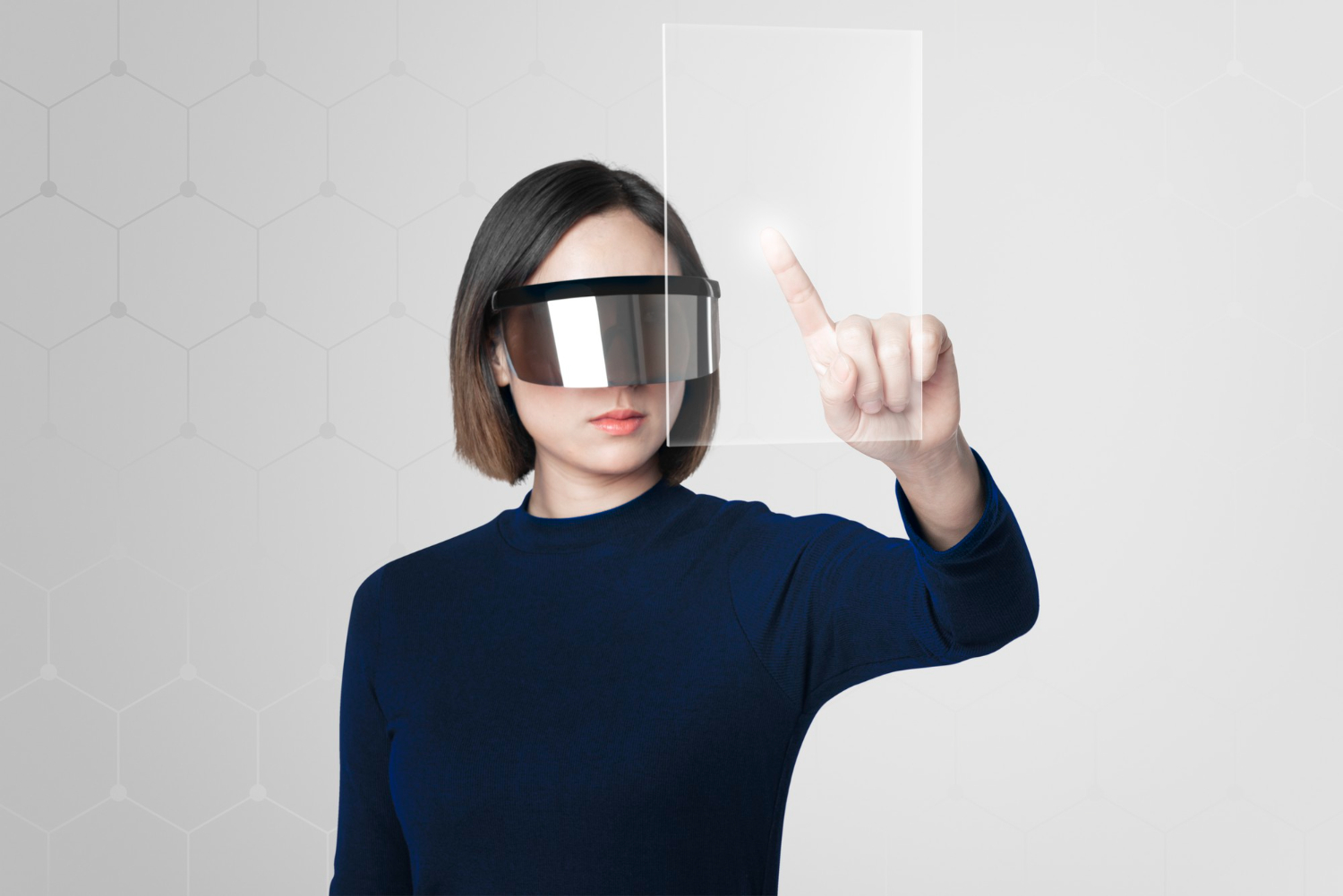AI avatars have achieved a major milestone in China’s livestreaming economy. On June 15, 2025, influencer Luo Yonghao and co-host Xiao Mu used digital versions of themselves to host a livestream for more than six hours on Baidu’s e-commerce platform Youxuan. The stream brought in 55 million yuan ($7.65 million) in sales, according to Baidu.
This surpassed the sales from Luo’s previous session on the same platform, where he hosted live as himself for over four hours.
Luo said it was his first time using virtual human technology for sales. “The digital human effect has scared me ... I’m a bit dazed,” he wrote to his 1.7 million followers on Weibo.
Baidu’s Generative AI Model Powers Real-Time Digital Hosts
The avatars were created using Baidu’s generative AI, trained on five years of Luo’s videos to imitate his speaking style and humor, according to Wu Jialu, Head of Research at Be Friends Holding, Luo’s company.
Wu told CNBC that this development was a pivotal moment for the digital human sector in China.
“This is a DeepSeek moment for China’s entire livestreaming and digital human industry,” Wu said in Mandarin, translated by CNBC.
DeepSeek, a Chinese AI model, drew global attention earlier in 2025 for its open-source design and low operating costs.
AI Livestreamers Reduce Costs and Stream Without Pauses
Digital avatars bring operational benefits that human hosts cannot.
They allow livestreaming without breaks and eliminate the need for large production teams or dedicated studios.
Wu said the company had been skeptical of digital humans in the past but now considers Baidu’s offering to be the most effective to date.
Livestream Shopping Continues to Expand in China
Livestreaming became a dominant sales method in China following the pandemic. Consumers turned to these broadcasts for shopping, while content creators earned through commissions and virtual gifts.
In 2024, Douyin generated so many livestream sales that it overtook JD.com as China’s second-largest e-commerce platform, according to a report by Worldpanel and Bain & Company.
Major platforms like JD.com and Alibaba’s Taobao have also integrated livestream shopping.
Other tech firms, including Tencent, have developed AI-powered digital humans for different uses, such as news anchoring.
Virtual human livestreamers were also tested during the Singles Day shopping event in late 2023.
Digital Human Livestreaming Faces Platform and Regulatory Hurdles
Wu noted that the biggest challenges for AI avatars are not technical but regulatory. Platforms and government regulations require digital avatars to follow strict advertising rules.
Douyin has introduced limits on virtual human use, particularly if the avatars do not engage with viewers.
Luo’s next appearance as a digital avatar has not been scheduled yet. Wu said more streams are expected soon.
PHOTO: FREEPIK
This article was created with AI assistance.
Read More






 Saturday, 28-02-26
Saturday, 28-02-26







